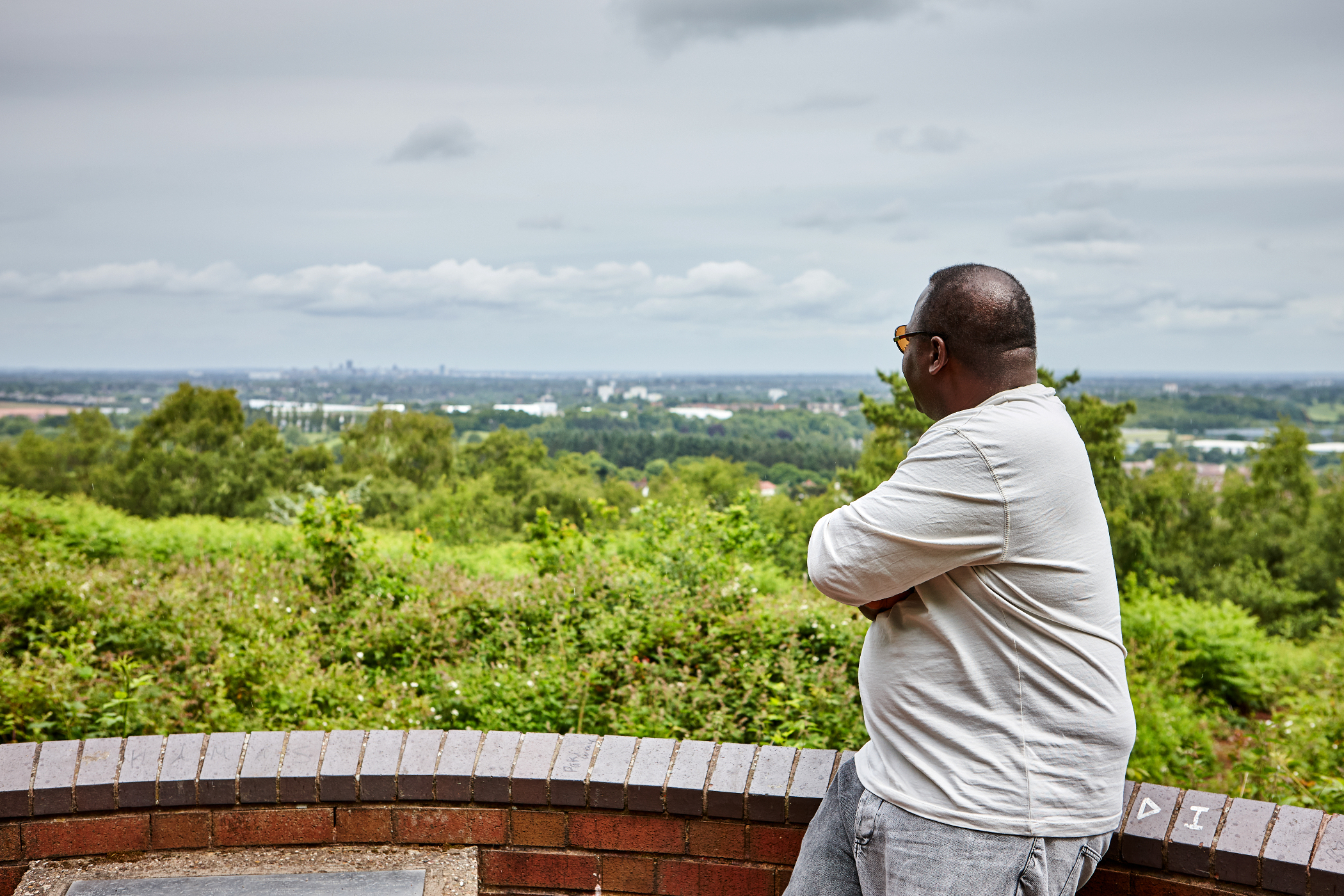We're improving healthcare with a Greener NHS.
Climate change poses a major threat to NHS staff, patients and their communities. This is because there is a direct link between the health of our planet and the health of our people. The NHS is acting to reduce the harmful gases it puts into the atmosphere. Fewer emissions will mean fewer patients with asthma, heart disease, and cancer. It will also reduce any disruption to the delivery of the care we provide.
Since 2010, efforts across the health service have resulted in NHS emissions being cut by 30%. This is already improving care, as well as the health and wellbeing of our patients. Decisions have been made to invest in greener medicines, greener transport, greener buildings, and greener energy consumption.
Despite this progress, there is still more to be done. Together, with the help of staff across the NHS, we hope to achieve even more. With more people involved, we stand every chance of meeting our target of becoming a net zero health service by 2040. We were the first health service in the world to make the commitment and intend to be the first to reach that status.
Everyone can do their bit. No matter how small. The more of us who introduce small actions into our everyday routines, the more we can lessen our impact on the environment, and the more we can improve health.
In Birmingham and Solihull, we have joined with all of our health and social care partners to renew our local commitment to making our NHS greener and more sustainable. Work is ongoing across the system, from our acute trusts to individual GP practices, and we hope this work will contribute to the delivery of long-term positive change for the planet and the health of its people.
- National Greener NHS
- Greener Practice: engaging General Practice in actions for the health of patients and planet
- Green Impact for Health Toolkit
- BMJ: Why I am a green GP blog
- RCGP: Sustainable development, climate change and green issues
